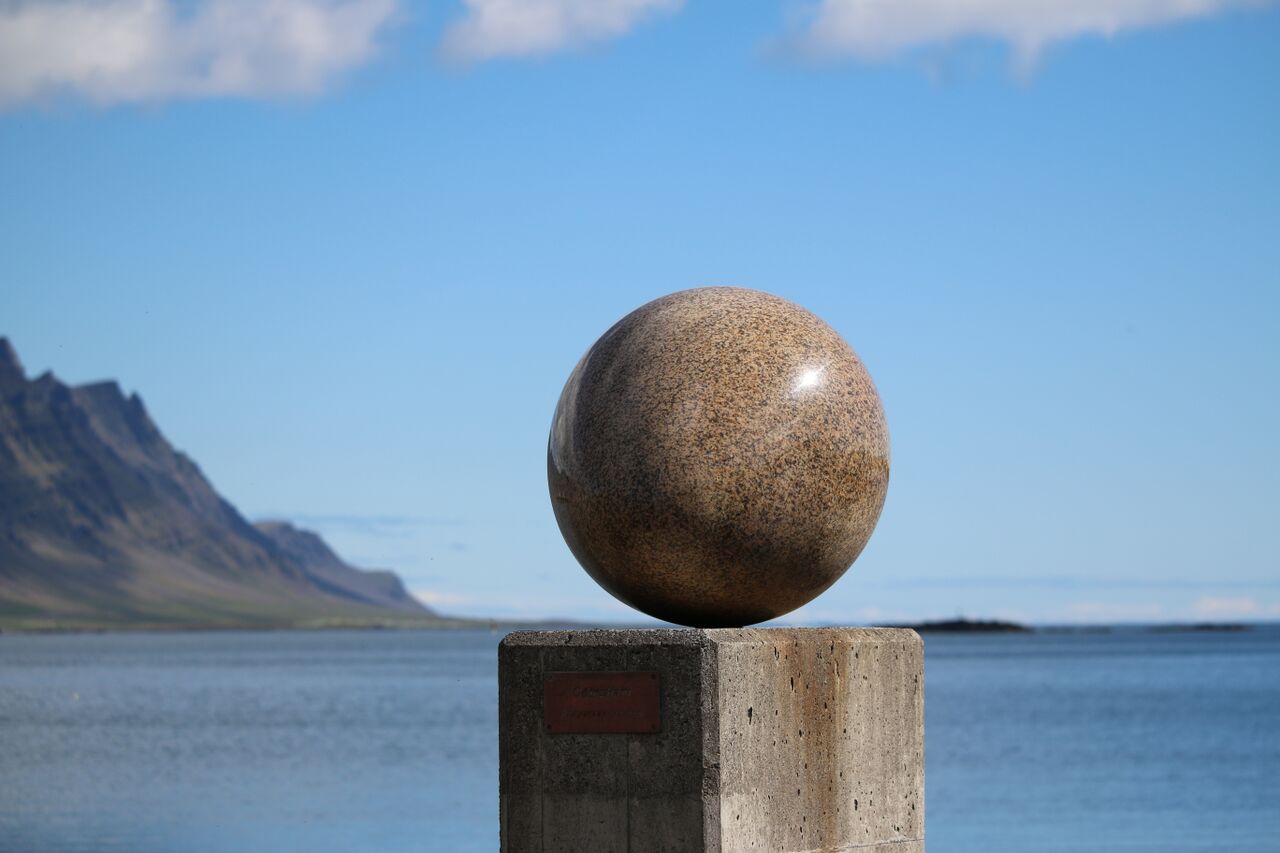Resilience

(By John Atkinson)
When running workshops and in other interventions, of greater or lesser scale, we should remember this; the outcomes we want are only that, the outcomes that we want. Others have their wants too. All this needs to come together as we find what is of shared significance and therefore what we might actually do. The idea that I could set myself an outcome for a workshop and make myself responsible for this happening runs against the dynamics of life. It also puts me in an egotistical frame, success or failure becomes about me. Whilst I’m responsible for what I bring and how I bring it, I am not responsible for you and shouldn’t try to be. It’s in the space between us that the magic happens.
That magic perturbs our sense of how things might be. When we perturb other living systems, like people or their teams and organisations, biology tells us that they absorb what is necessary and excrete the rest. Imagine the single cellular amoeba. You can perturb it by adding some new nutrient. As you do, you observe through the microscope how the cell surrounds the perturbance, absorbs what is nutritious and excretes the rest as waste through the semi-permeable membrane that is the cell wall.
That might be fun to follow through the lens of the microscope. When it happens to you, when your attempts to change things perturb the system you’re working with and you are treated this way, it can hurt. Hurt because it may mean your position is no longer tenable, contracts are ended, the system has taken from you what it will and has no need of you further. Hurt because your ego is bruised, the value you thought you added has been rejected in favour of what the system chooses to accept. Your good intent and agency is rebuffed.
‘Resilient’ was the first word mentioned when we explored recently how you might need to be in order to work effectively with change through the lens of living systems. You can see why. Being repeatedly absorbed and excreted can be depleting and at times painful. It can feel as if the energy has been sucked out of you and you are left drained of life.
It’s a not uncommon feeling. To work effectively requires a way of managing yourself, of replenishing your energy and staying grounded. It means not dwelling on how we ‘failed’, finding a way to turn off the chattering in our heads that keeps exploring what might have made things turn out better.
We each have our ways of doing this. I ride my bike. Often starting out by cycling hard, then finding a rhythm, becoming absorbed in the synthesis of body, machine and countryside. I begin to notice where I’m tense, my breathing, the aches in my neck and shoulders, the tightness and warmth in my legs as the gradient kicks up.
This week I cycled up onto the top of the moors above Weardale. As I climbed into the hill fog and brisk wind I saw the gamekeepers burning the heather. The smoke was clinging to the fog and flames below created an apocalyptic vision. But I remained a detached observer of this world, an outsider looking in. I descended fast, still lost in my own bubble. And then, as I crossed the disused ford, something shocking and comedic happened. With no car tyres to clear it, algae had grown over the smooth concrete on the river bed turning it into a frictionless pan. In an instant I was in the water, still clipped to the bike. The shock of hitting cold water and hard tarmac bringing me instantly to the immediacy of my environment.
In that moment of spontaneity I was reconnected with the world. The algae, a simple living organism, had jerked me back into relationship with what was around me and I sat there in the water, laughing out loud. At once I was back in balance. When we lose our connection with our environment, get lost in our internal worlds, its hard to stay resilient. Whether its friends, family or green algae, we need that connection to replenish ourselves and be truly alive.